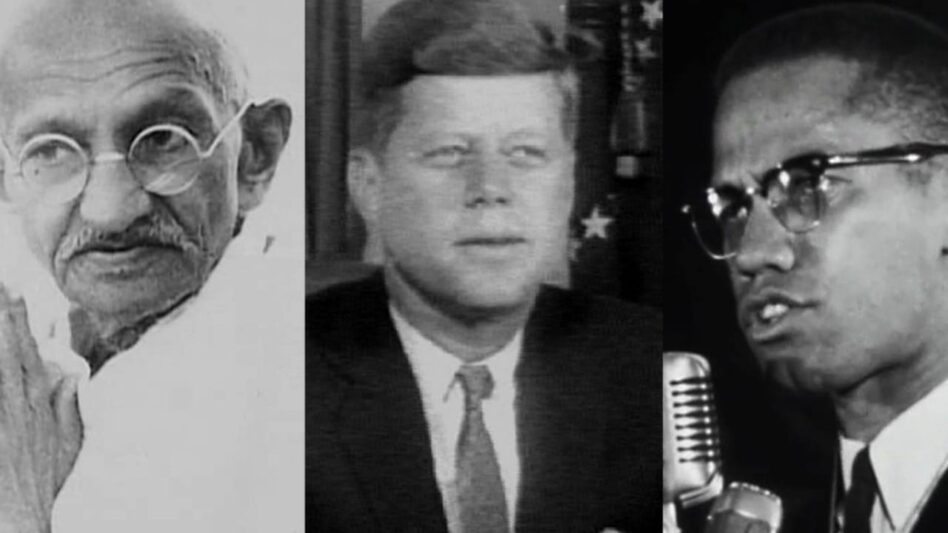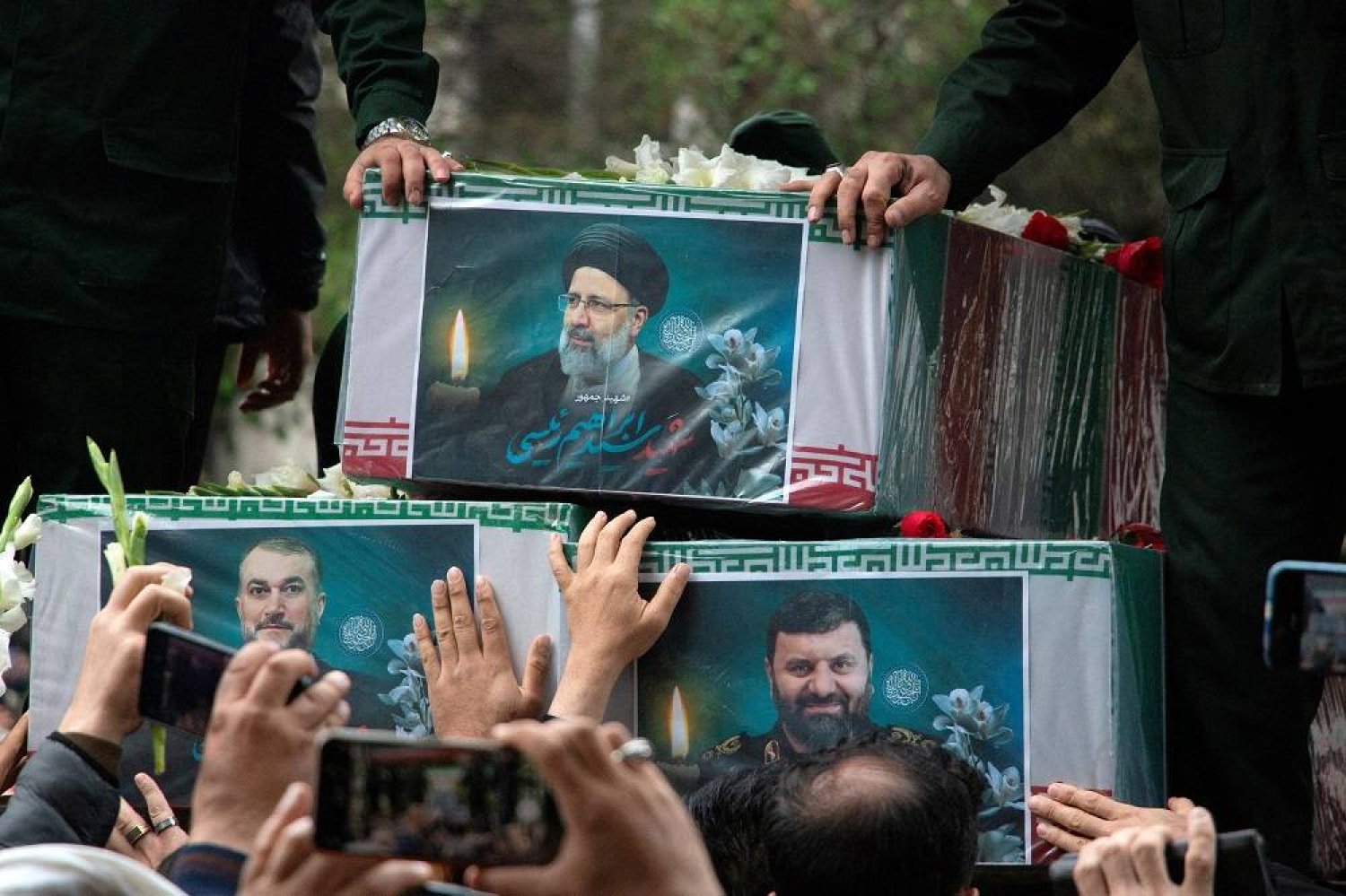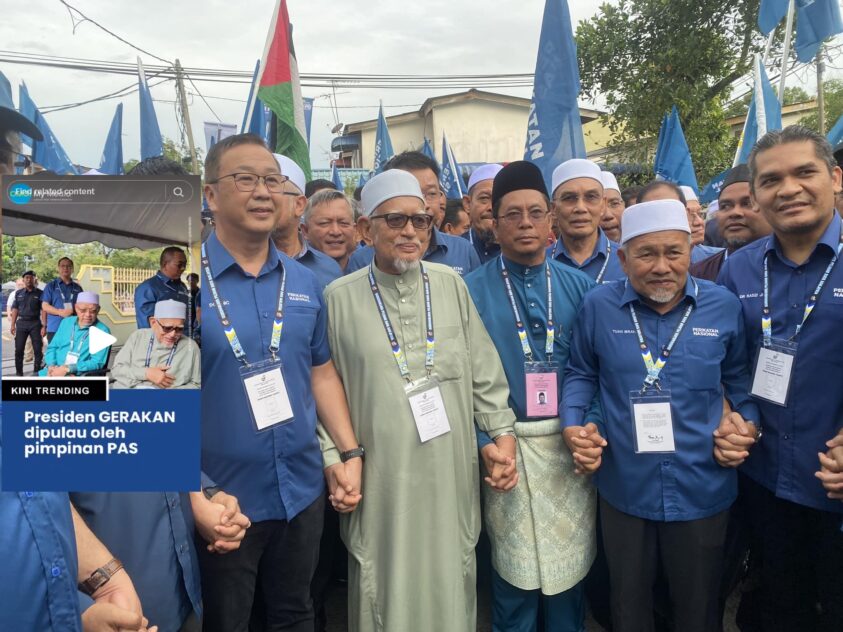THE occurrence of targeted killings directed at political figures, high-ranking military officials, public figures, and champions of civil liberties is a frequent phenomenon nowadays.
In many cases, these individuals meet their demise in unexpected plane crashes, which happen amid seemingly ideal weather conditions before the tragedy strikes suddenly.
These targets are selected for a variety of reasons, and in extreme scenarios, such violent acts may be orchestrated by factions within the covert network of a foreign state.
Additionally, these clandestine groups employ various methods such as drones, contract killers, AI-driven lethal devices, explosives, and suicide attackers.
Furthermore, they may utilise organised crime syndicates or terrorist organisations to eliminate specific leaders under the guise of false ideologies for instance, in order to accomplish their nefarious objectives.
According to historyofwar.org, assassination is a form of terrorism that entails the intentional murder of a prominent or well-known individual, with the objective of attracting media coverage or eliminating a rival.
The term “assassin” originated from the Ismaili fedayeen cult of the assassins in 1090, who were notorious for employing murder and assassination as means to confront their adversaries.

Throughout history, both terrorists and governments have resorted to assassination, with notable examples including the assassinations of Abraham Lincoln, J.F. Kennedy, and Martin Luther King in the annals of American history.
Iran and Mossad
In recent times, the global community was shocked by the tragic demise of two prominent figures in Iran, resulting from a helicopter crash near the country’s border with Azerbaijan.
President Ebrahim Raisi, who was widely regarded as the second-in-command and a potential successor to the ageing Ayatollah Khamenei, along with his Foreign Minister, Hossein Amir Abdollahian, lost their lives in this heart-wrenching incident.
Iranian State Media has attributed the fatalities to a technical malfunction of the helicopter during its journey through a mountainous area.
However, a significant number of Iranians hold a different belief, as they harbour suspicions regarding the potential involvement of a foreign nation in this tragic incident.
Additionally, in May 2022, Sayad Khodai, a colonel affiliated with the Islamic Revolution Guard Corps (IRGC), was fatally shot by two assailants riding a motorcycle in Tehran while he was seated in his vehicle outside his residence.
Colonel Khodai was recognised as a member of the esteemed Quds Force, which is the covert division of the IRGC responsible for overseas operations. This occurrence comes in the wake of the assassination of prominent nuclear scientist Mohsen Fakhrizadeh in November 2020.
Rendering to a UK Guardian article from April 2024, recent Israeli airstrikes targeted Iran’s consulate in Syria, resulting in the tragic deaths of at least 11 people, including Brigadier General Mohammad Reza Zahedi.
This incident marks the highest-ranking Iranian military official to be killed since the assassination of General Qassem Suleimani in Baghdad in January 2020.
Brigadier General Zahedi was a senior commander in the al-Quds force, with significant roles in Lebanon and Syria, making him a key figure in Tehran’s relationship with Hezbollah and Syria’s president, Bashar al-Assad.
Moreover, in 2021, former Iranian president Mahmoud Ahmadinejad acknowledged that Mossad, the Israeli intelligence agency, had successfully infiltrated his country’s intelligence ministry, as reported by BBC in February 2022.
He expressed apprehension regarding the senior officer who was entrusted with countering Israeli espionage, as it was revealed that this individual was, in fact, an Israeli agent.
In a rather intriguing turn of events, Yossi Cohen, the departing director of the Israeli intelligence organisation Mossad, divulged specific information regarding Israel’s actions against Iran during an interview with BBC in June 2021.
Cohen openly discussed the theft of Iran’s nuclear archive, which had been successfully extracted from the country through a daring raid on a warehouse back in 2018.
Furthermore, he subtly hinted at Israeli involvement in the sabotage of Iran’s Natanz nuclear facility and the targeted assassination of a prominent nuclear scientist.
These revelations made it abundantly clear that Israel and Mossad are willing to go to great lengths, without any semblance of mercy, in order to safeguard their own interests by neutralising both immediate and potential threats.
Iran, on the other hand, has been providing support to Hamas in Palestine, Hezbollah in Lebanon, and the Houthis in Yemen.
This ongoing proxy war with Israel has made Iranian leaders, military officials, and nuclear scientists obvious targets for Israel. Although Israel has never officially admitted its involvement in these targeted killings, it is widely believed to be responsible.
The concern now is whether Mossad’s operations to eliminate its adversaries could extend beyond traditional target countries to other parts of the world, which remains uncertain.
In the subsequent section of this article, we will examine the potential for Mossad to conduct future operations in Malaysia and assess the potential national security implications for our nation. – June 11, 2024
R. Paneir Selvam is the principal consultant of Arunachala Research & Consultancy Sdn Bhd (ARRESCON), a think tank specialising on strategic national and geo-political matters.
The views expressed are solely of the author and do not necessarily reflect those of Focus Malaysia.
Main pic credit: Asharq Al-Awsat










